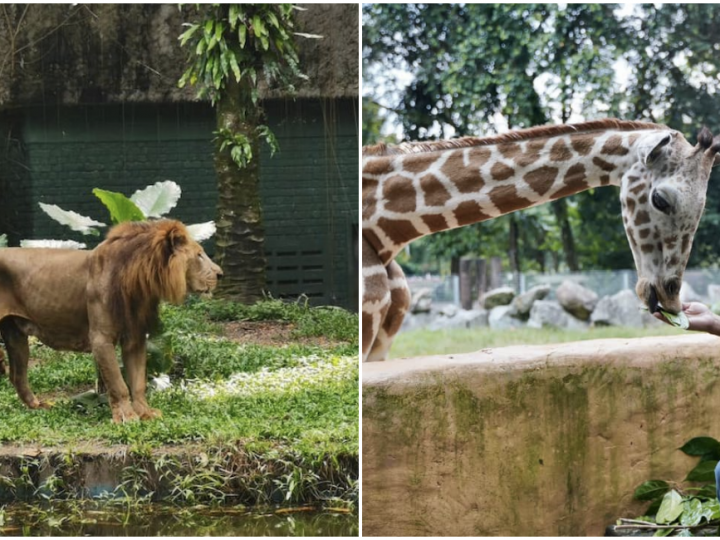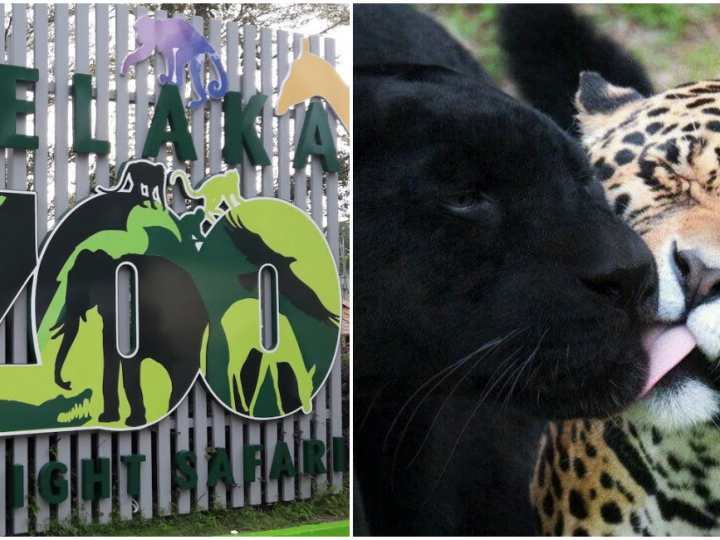30 Endangered Orangutans Endure Covid-19 Swab Tests After Staff Tested Positive
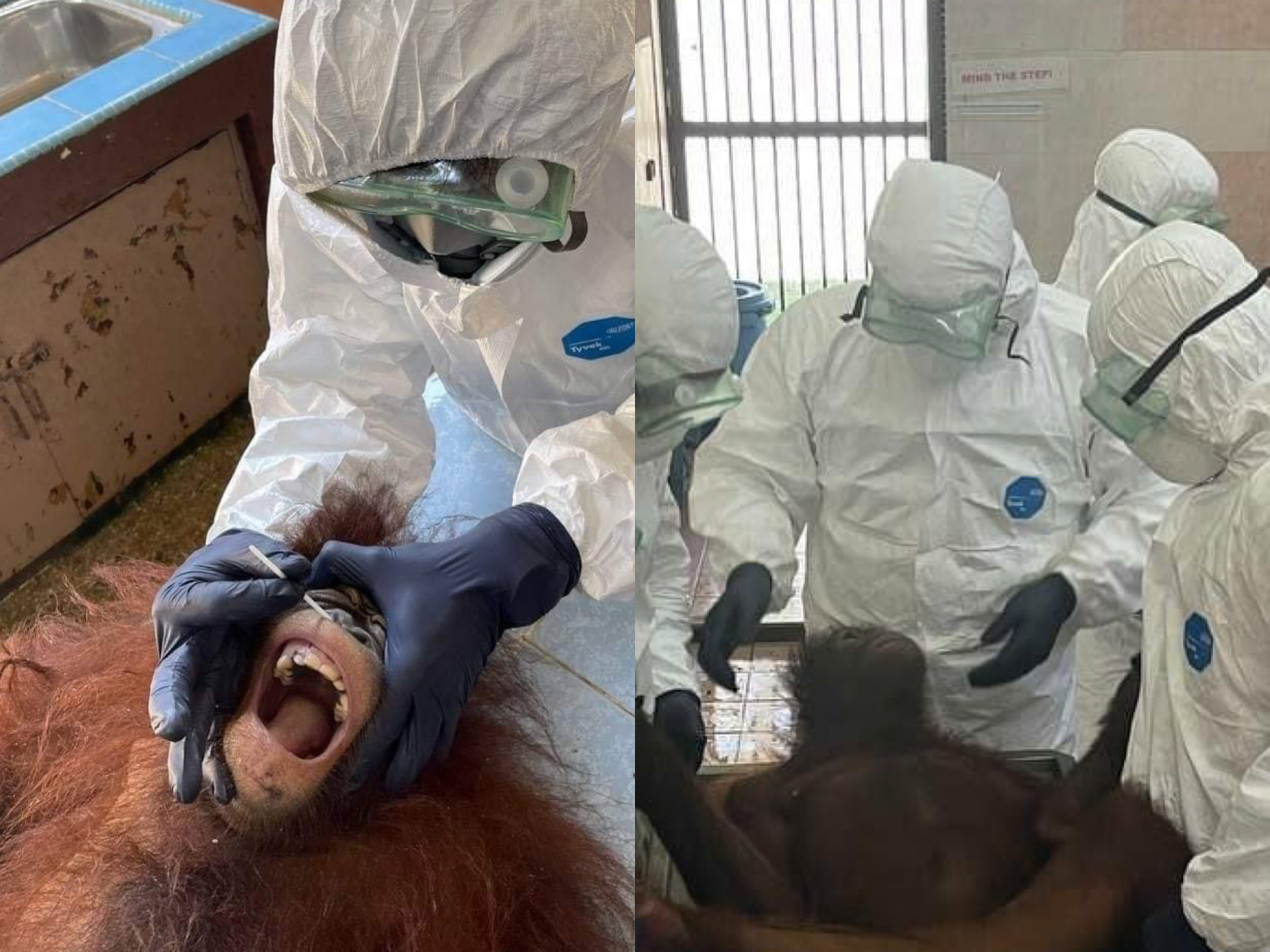 Thirsty for JUICE content? Quench your cravings on our Instagram, TikTok and WhatsApp
Thirsty for JUICE content? Quench your cravings on our Instagram, TikTok and WhatsApp

Most of us might be familiar with the unpleasant feeling of having a cotton swab shoved far up into our noses by now. You might have had to do it because of a Covid scare, or even as a requirement for your job.
Some of us involuntarily tear up, others just wince and hope it’s all over soon, and some don’t even feel any sort of discomfort. But take a step back and think about our furry friends for a second.
Imagine how these endangered orangutans felt when they had their COVID-19 swab tests.
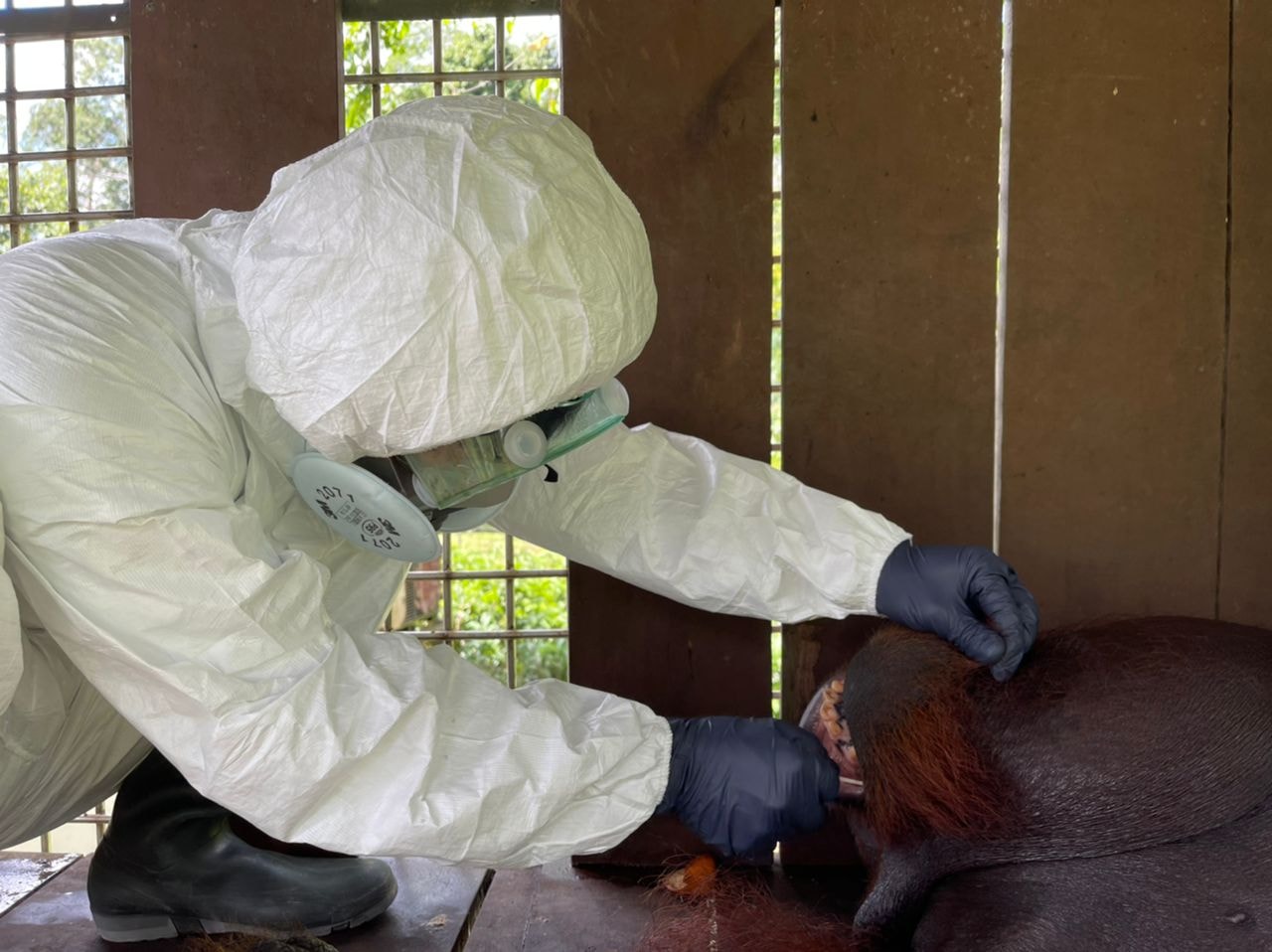
After a staff member at the Sepilok Orangutan Rehabilitation Center in Sandakan, Sabah tested positive for COVID-19, 30 giant red-haired apes were subjected to get nasal swabs done to see if they had contracted the virus as well.
They were the first orangutans in Malaysia to get tested for COVID-19. Officials deemed it was necessary to help protect the species from the virus, as orangutans share 96.4 percent of our DNA.
Fortunately the tests, which were conducted on September 7, all came back negative.
“Testing for COVID-19 has been a vital tool in helping us get through this pandemic, and it is similarly important for this orangutan population,” said Sabah Wildlife Department assistant director Sen Nathan.
“The disease could prove vastly detrimental to their health and set back their rehabilitation.”
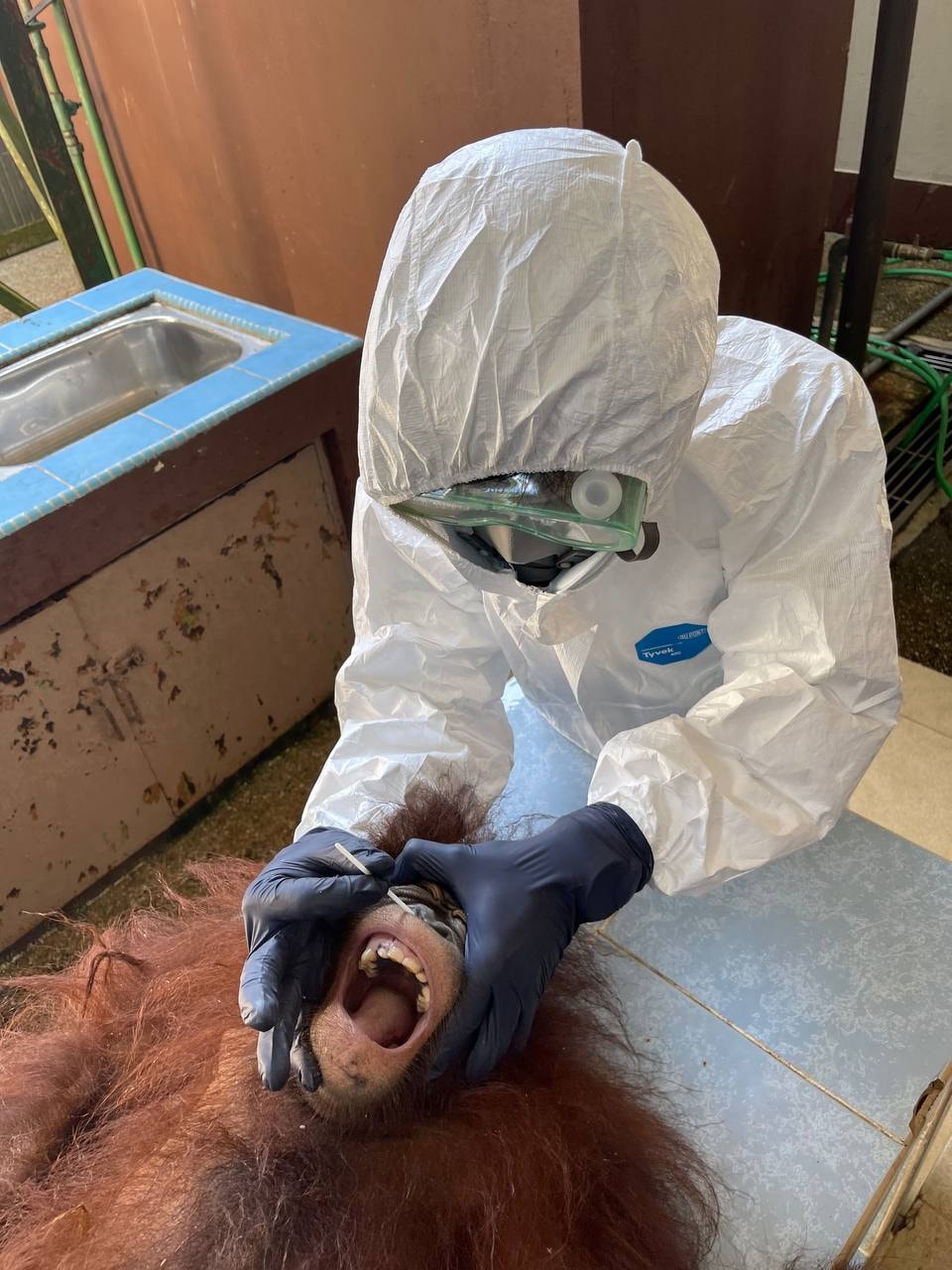
A group of vets donned full personal protective equipment (PPE) as they tried to handle the orangutans getting their nasal swabs, as shown in the photos by Wildlife Rescue Unit.
“It is vital we are able to test them for the virus in order to continue to protect the species,” said Sue Sheward, Chairperson and Founder of Orangutan Appeal UK (OAUK).
“Similarly, the health and well-being of our staff is important as they have been working as normal throughout the pandemic to provide the same high level of care they have always done.”
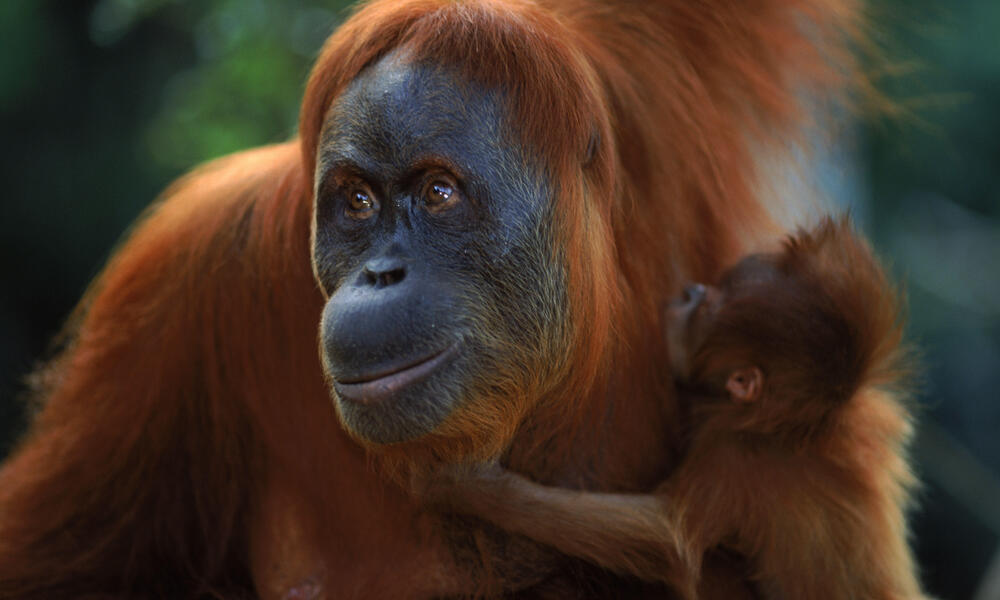
According to the International Union for the Conservation of Nature (IUCN), Bornean orangutans are ‘critically endangered’.
The population has taken a dip by 50 percent over just the last 60 years. And because of rapid deforestation, their habitat has also seen a steep decline of 55 percent over just 20 years.
The destruction and degradation of the tropical rain forest, particularly lowland forest, in Borneo and Sumatra is the main reason orangutans are threatened with extinction.
This has been caused primarily by human activity; intense legal logging, illegal logging, conversion of forest to palm oil plantations and timber estates, and other development activities, as reported by The Orangutan Foundation.
According to WWF, a century ago there were probably more than 230,000 orangutans in total, but the Bornean orangutan is now estimated at about 104,700 based on updated geographic range (Endangered) and the Sumatran about 7,500 (Critically Endangered).
The third subspecies, Northeast Bornean orangutans, are the smallest in terms of physical size and can be found in Sabah, Malaysia and East Kalimantan, Indonesia.

 Get Audio+
Get Audio+ Hot FM
Hot FM Kool 101
Kool 101 Eight FM
Eight FM Fly FM
Fly FM Molek FM
Molek FM